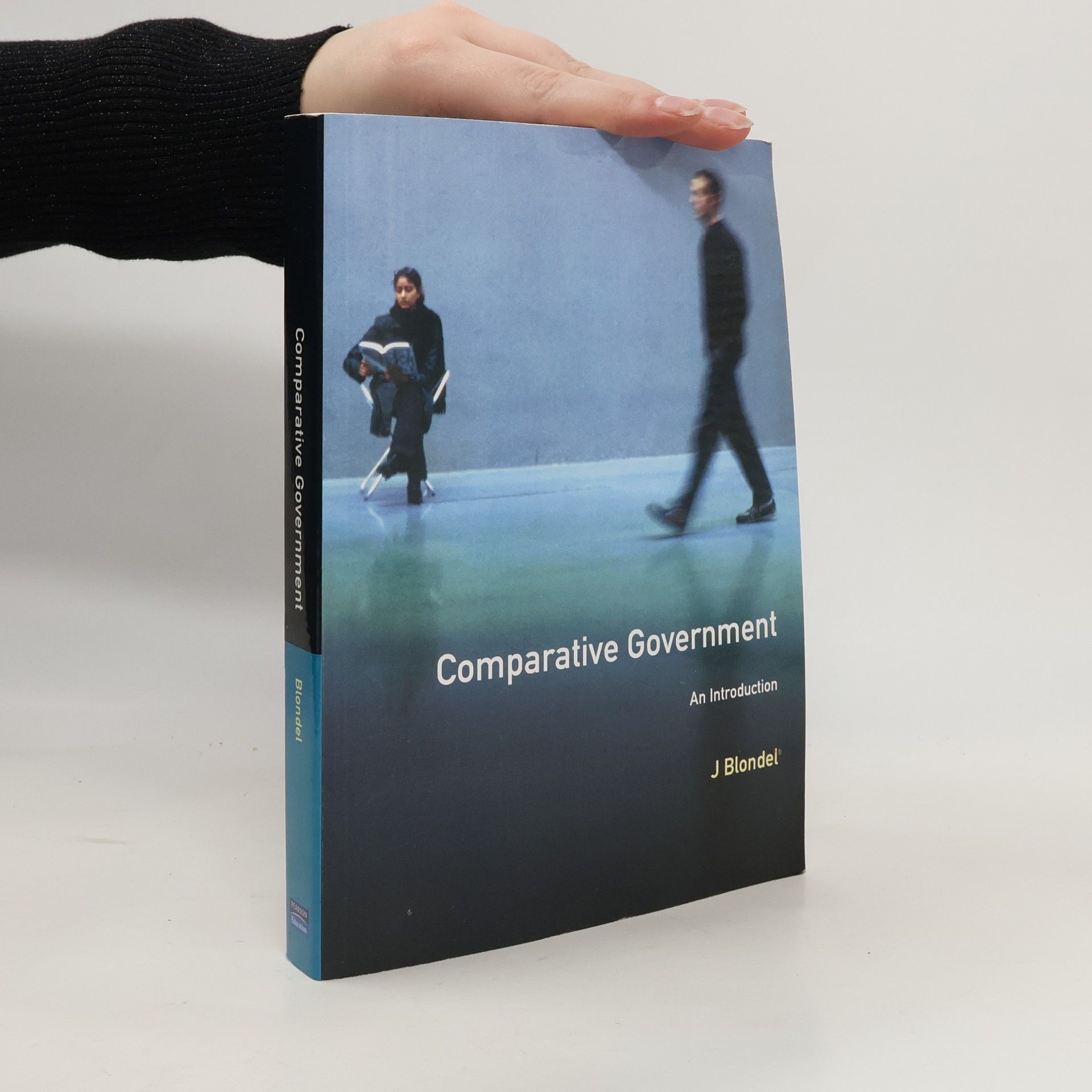Comparative Government
- 384 pages
- 14 hours of reading
First published in 1995. Routledge is an imprint of Taylor & Francis, an informa company.



First published in 1995. Routledge is an imprint of Taylor & Francis, an informa company.
Focusing on the behavior of successful presidents in African presidential republics, this book systematically assesses their roles in national development. It explores how these leaders have influenced their countries' progress, providing insights into the political dynamics and governance in the region.